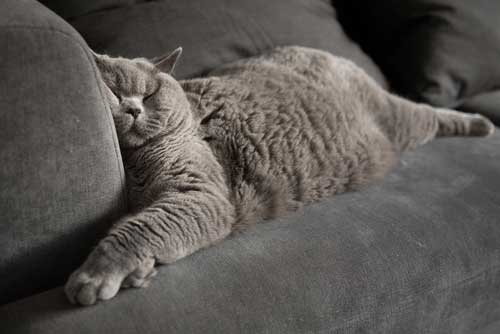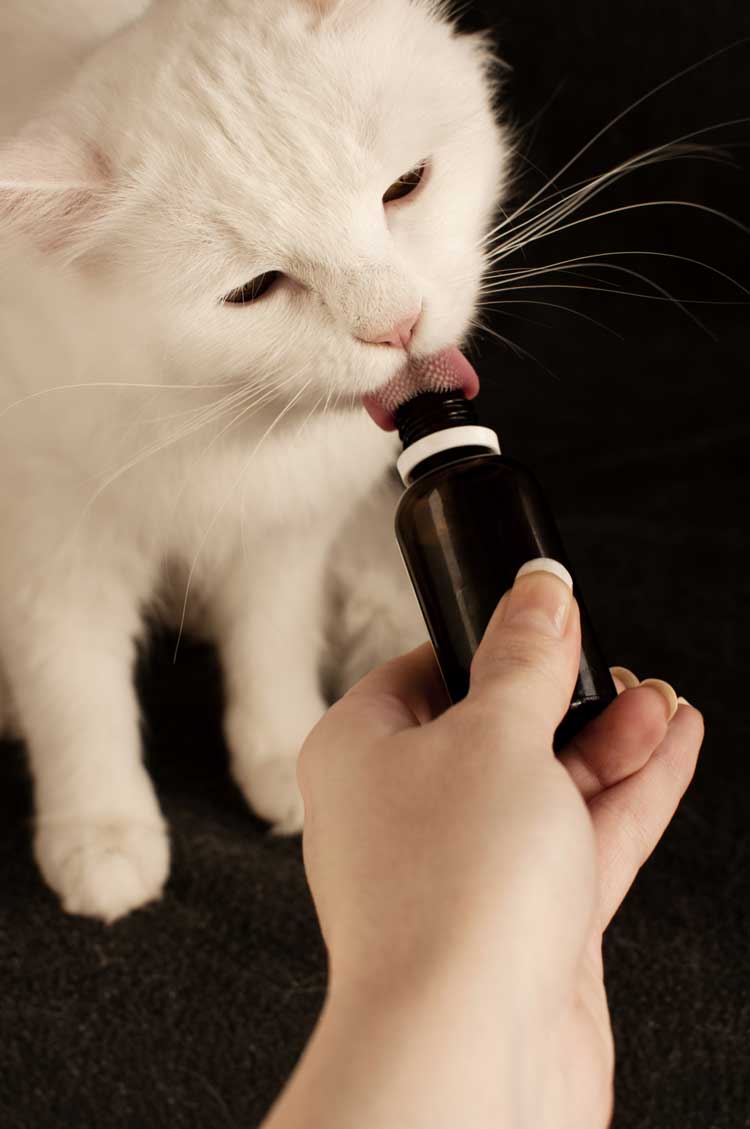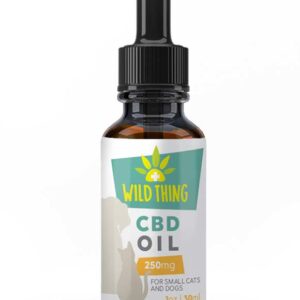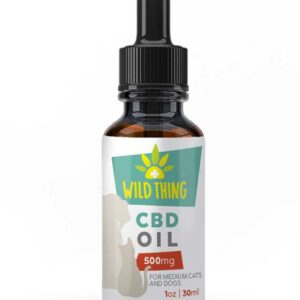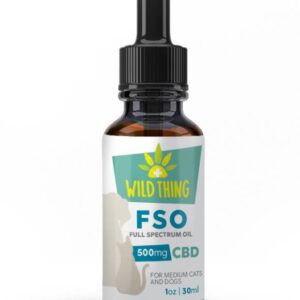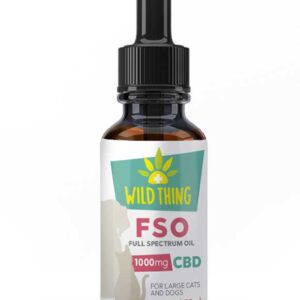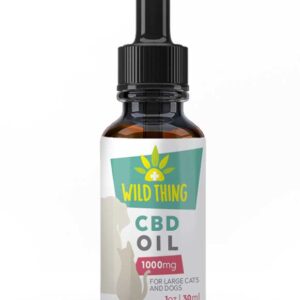Fluffy, chubby, playful cats. They’re the cutest things on the planet, right? There’s a big difference between “fluffy” and “chubby” however, and understanding the risks of feline obesity can make a world of difference for you and your cat.
Whether your cat suffers from “big boned syndrome”, or is just a fanatic porker whenever you open a can of ‘fancy feast’, a cat’s struggle with its weight can have very serious and long-term health effects. Similar to humans, feline diabetes, blood pressure problems, heart disease, arthritis and neurological disorders can all surface from being overweight. Cat’s are fit/active hunters by nature, but within our domesticated cohabitation they can lose their instincts as well as their physique.
Is some extra cat-cushion really a problem for my Mr. Bojangles? As it can be quite common for senior cats to gain some extra weight, it is often difficult for owners to justify a major change in routine or diet in order to manage their cat’s weight. On top of all this, cats can be notoriously picky eaters, so once you find a dietary routine that works it can seem counter intuitive to risk malnutrition for the sake of your cat’s waist-line. There is a balance to be struck, but it takes understanding of the associated risks as well as close attention to your cat’s behavior if you want to avoid the pitfalls of obesity.
Ailment Guides:
Glaucoma In Dogs
Hair Loss In Dogs
Cbd Oil For Panosteitis In Dogs And Puppies
Feline Obesity
What are the Risks of Feline Obesity?
There is a laundry list of ailments associated with feline obesity, but the major concerns for long-term health are:
- Allergies
- Feline Diabetes
- Arthritis
- Irritable Bowel Syndrome
- Liver/Kidney Disease
- Cardiovascular diseases
- Thyroid issues
- Gastrointestinal disorders
- Depression, anxiety, insomnia
"Fat Cat"? Slim Chance of Avoiding Serious Health Risks
Due to obesity in cats being linked to so many ailments, it is difficult to determine if obesity is that cause of another illness or vice versa. It is important to remember that weight gain is also a common symptom for numerous diseases and serious ailments (diabetes, arthritis, cardiovascular disease, tumors). If you can closely monitor your cat’s behavior, eating habits and physical activity and determine that nothing is out-of-the-ordinary, then you might want to visit the Vet to test for some potentially serious internal issues.
Symptoms of Feline Obesity
An overweight cat is not only potentially missing out on a greater quality of life, but there are numerous underlying health risks that can cut your pet’s life short.
Some of the more serious health risks and symptoms associated with feline obesity:
- Increased risk of kidney/liver/heart disease
- Diabetes, blood pressure and metabolism issues
- Gut, stomach and bowel disorders
- Decrease in energy, leading to worsening of overweight conditions
- Joint, hip pain & inflammation, leading to chronic osteoarthritis
- Increased susceptibility to colds, viruses and infections (weakened immune system)
- Depression and lethargy, compounding obesity problem
- Anxiety, phobias and insomnia
- Skin and coat deterioration, leading to conditions like eczema, mattes/sores
Why CBD Can be an Effective Treatment & Preventative For Your Cat’s Weight Management
CBD – or Cannabidiol – can be an effective supplement for healthy weight management.
Cannabidiol (CBD) can be very beneficial for maintaining your cat’s immune system, cardiovascular system and overall vitality. CBD helps to lessen the effects of lethargy, gastrointestinal issues and reduces anxiety, aggression and stress-related disorders.
Think of CBD as a supplement that can reduce the severity of feline obesity. It can be ingested, under the tongue, or applied topically to the affected areas. One of the most beneficial components of CBD is that it does not irritate the point of contact, nor does it cause any hallucinogenic effects. CBD has been shown to soothe inflammation in the GI tract, and can help to counteract the irritation, pain or discomfort affecting your cat’s stomach, gut or bowels.
Cannabidiol is a phytocannabinoid that has been shown to have a prominent effect on numerous ailments – including epilepsy, arthritis and cancer. Remedies containing CBD achieve this by interacting with your pet’s endocannabinoid system. Almost all animals, like people, have an endocannabinoid system; this network of neurotransmitters is integral to physiological processes like memory, mood, pain, stress and appetite.
CBD can help your pet by producing anti-inflammatory, anti-anxiety, antipsychotic, antispasmodic and analgesic effects indirectly – that is, CBD interacts with a cat’s ECS (Endocannabinoid System) opposite to THC which directly binds to the Cannabinoid Receptors of the body. This does two things: makes the positive remedial properties more bioavailable to your cat; and lessens or negates the psychoactive effects, such as those associated with THC ingestion.
As you can see by the scope of ailments that are affected by CBD, it is clear how introducing CBD into your cat’s routine can benefit their internal system.
Ailment Guides:
How To Calm Hyperactivity In Dogs
Heart Disease In Dogs
Hip Dysplasia In Dogs


